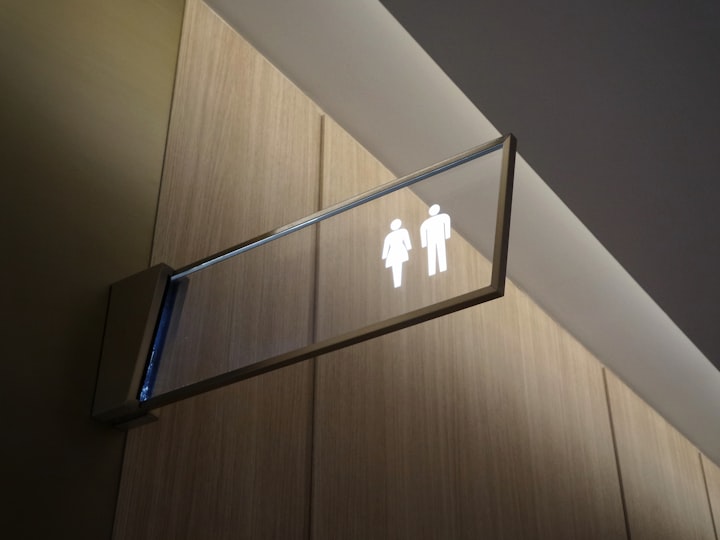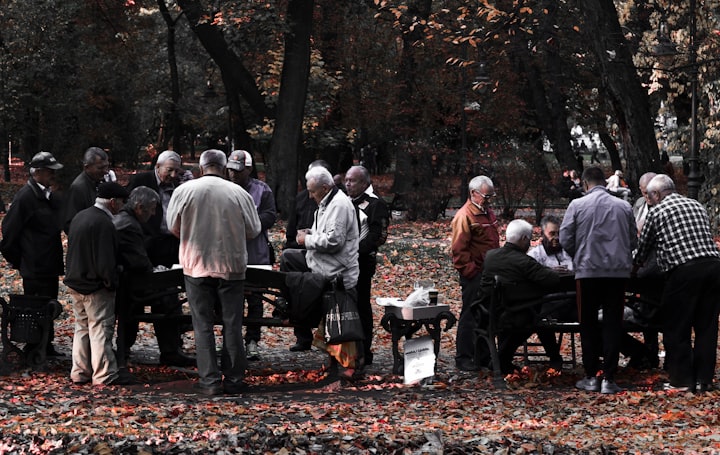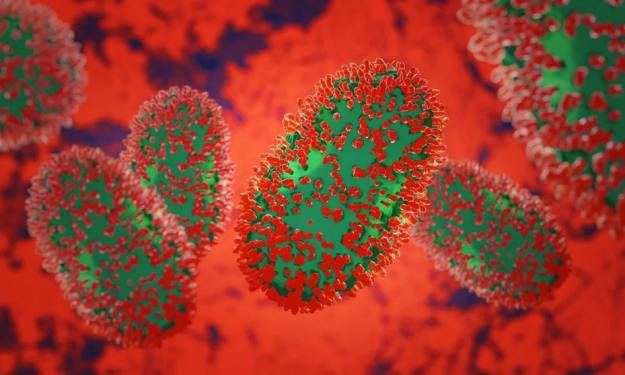Urine Over a Minute? Your Prostate Might Be Sending a Signal
Taking Too Long to Pee? Why It's a Prostate Red Flag

Understanding how long it typically takes you to urinate might not be something you've given much thought to, but it's surprisingly significant. While we're aware that spending too much time on bowel movements can be a concern and that the color and odor of our urine can reveal insights into our health, the duration of urination is often overlooked. However, taking too long to urinate can be a sign that something's amiss with your health, specifically with your prostate.
The Link Between Urination Duration and Prostate Health
The connection between prolonged urination and prostate health lies in the anatomy and function of the prostate itself. This gland encircles the urethra, acting as a crucial checkpoint for urine flow. When the prostate enlarges—a condition not uncommon as men age—it presses on the urethra, narrowing it and subsequently slowing the flow of urine. This means that if your urination consistently takes longer than a minute, it's a potential red flag indicating prostate issues.
An adult's bladder usually holds between 350 to 500 milliliters of urine, and the average maximum flow rate should exceed 15 milliliters per second. Simple math dictates that urination should ideally last around 30 seconds, even less for those with a healthy prostate. Stretching beyond a minute could, therefore, indicate underlying problems such as Benign Prostatic Hyperplasia (BPH), Prostatitis, or even Prostate Cancer.
Understanding Prostate-Related Conditions
- BPH: This condition, characterized by an enlarged prostate, can obstruct the flow of urine significantly. It's not just an inevitable part of aging; it's a specific medical condition that requires attention.
- Prostatitis: Often beginning without noticeable symptoms, prostatitis can progress to cause significant enlargement of the prostate. This leads to narrowing of the urethra and a marked increase in urination time, along with discomfort and urgency.
- Prostate Cancer: Like BPH, prostate cancer can compress the urethra and disrupt normal urination patterns. Alarmingly, it often remains asymptomatic until advanced stages, making regular screenings crucial for early detection.
7 Proactive Measures to Nurture Your Prostate
1. Avoid Retaining Urine
Allowing urine to accumulate excessively strains the bladder, applies undue pressure on the prostate, and disrupts blood circulation, leading to congestion, inflammation, and potentially affecting the kidneys and ureters. It could also result in challenges such as difficulty urinating, urinary retention, and even kidney failure.
2. Minimize Extended Seating
Extended periods of sitting, particularly on hard surfaces like bicycle or motorcycle seats, can irritate the prostate and promote congestion, leading to inflammation and increasing the risk of developing Benign Prostatic Hyperplasia (BPH). Make it a habit to stand up and stretch or walk around every hour to help reduce this risk.
3. Maintain Adequate Hydration
Aiming for a daily fluid intake of at least 1500 milliliters is essential. Regular urination, ideally every 2 to 3 hours, helps cleanse the urethra, remove secretions, and prevent the recurrence of infections.
4. Limit Stimulating Substances
The consumption of tobacco and alcohol can significantly stimulate and aggravate the prostate and urethra, causing congestion and swelling, particularly in the perineal region. This, in turn, could contribute to prostate issues and complicate existing conditions.
5. Adopt a Nutrient-Rich Diet
Incorporate a variety of vegetables, fruits, and nuts, such as tomatoes, apples, and walnuts, into your diet. These foods are not only rich in essential nutrients like zinc and antioxidants but also support overall prostate health.
6. Ensure Prostate Warmth
The prostate functions best in warm conditions and reacts negatively to cold. Exposure to cold can excessively stimulate the sympathetic nervous system, leading to smooth muscle contraction and potentially causing blockages, which may trigger or worsen prostatitis symptoms.
7. Engage in Kegel Exercises
Kegel exercises strengthen the pelvic floor muscles, enhancing nerve and blood flow in the area, which may help in reducing prostate enlargement and inflammation, and improving urinary symptoms. However, those dealing with constipation, anal fissures, puborectalis muscle spasms, or recent anal surgery should postpone these exercises.
About the Creator
Amanda Chou
Looking to restore your life troubled by prostatitis, epididymitis, seminal vesiculitis and other male reproductive system diseases? Here are the resource to help you in this endeavor.






Comments
There are no comments for this story
Be the first to respond and start the conversation.